Treatment of Weight Loss in Cats
Published: 23rd December 2021
Help restore a cat's appetite and weight while underlying disease is investigated. By doing so you can prevent your patient from suffering further complications. In this article Emily Armstrong and Ceri Bailey discusses the importance of treating weight loss; the positive impact of swift treatment and the negative effects of ignoring indications.
By the end of the article, you will be able to identify common links between weight loss and underlying diseases, and, decide on the best course of action for delivering treatment. Ensuring that your feline patient is comfortable and receives the quality of care during recovery.
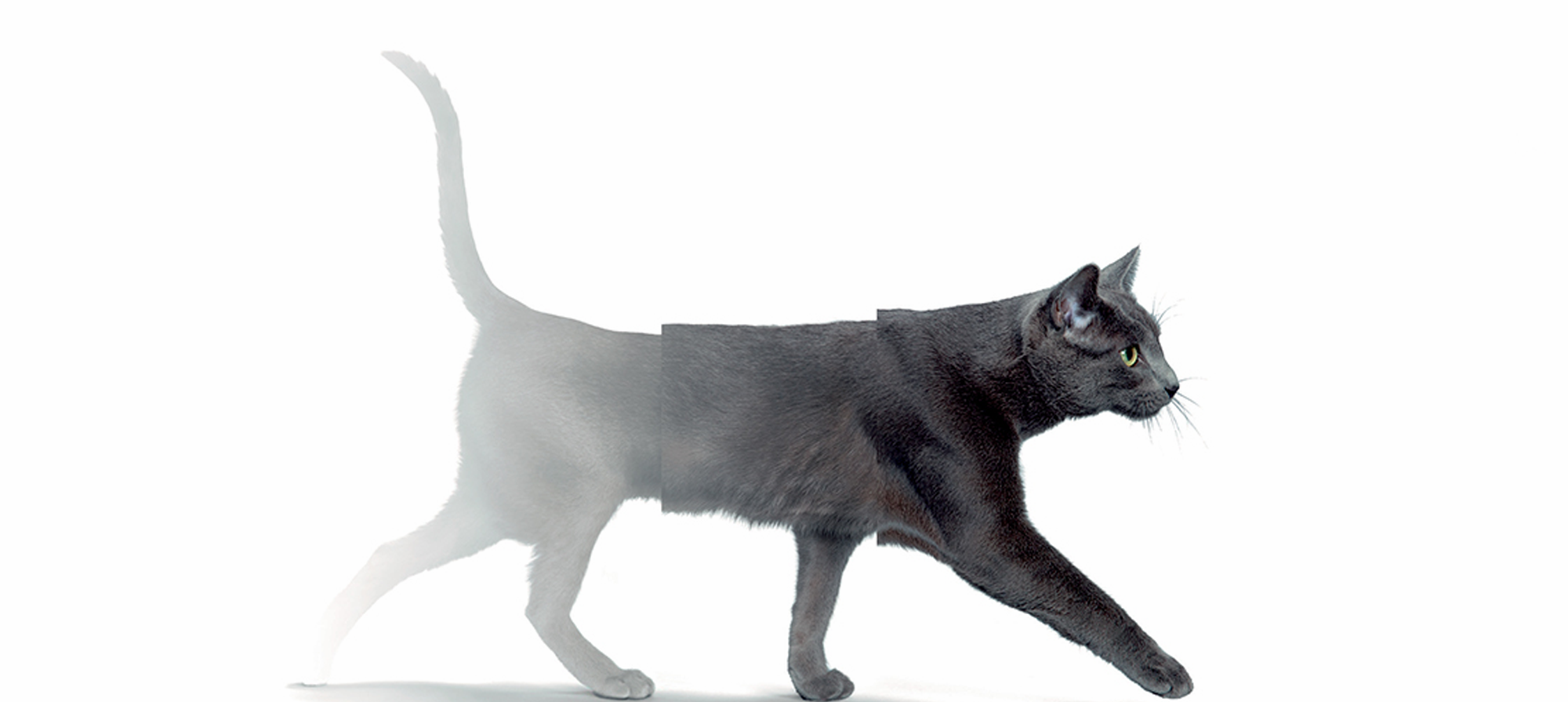
Why is it important to treat poor appetite and weight loss resulting from chronic medical conditions in cats?
Unintended feline weight loss may be associated with serious consequences:
Maintaining a strong appetite and ideal body condition in feline patients may improve their lifespan, quality-of-life and provide owners with peace of mind.
Poor appetite and weight loss needs to be treated swiftly
There’s no time to waste when a cat’s eating habits change, and they start to lose weight.
Identifying weight loss early, and managing it long term, can help improve feline patients’ overall health.
Did you know?
Weight loss can be the earliest indicator of disease in cats.
A study found that cats lost a median of 8.9% body weight in the 12 months before diagnosis of chronic kidney disease (CKD).
Prevalence
A survey of EU vets indicated weight loss and inappetence is the most common reason for owners to bring their cat to the vet.20
European vets see approximately
46 cases
of feline unintended weight loss due to underlying conditions per month.20
This equates to approximately
60 000 000 cases
of feline unintended weight loss per year.
What causes poor appetite and weight loss in cats?
Some of the more common underlying diseases could be:15, 21-22
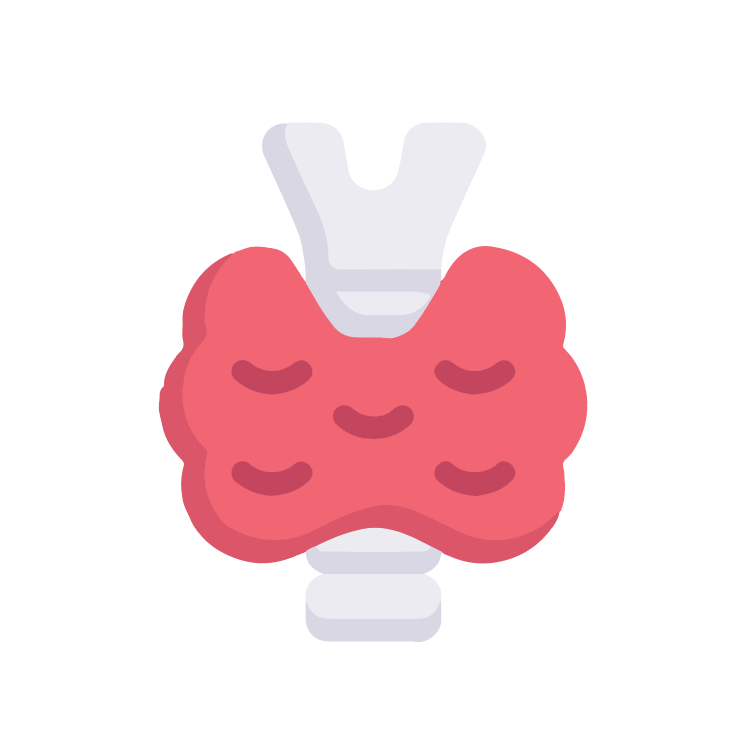
Hyperthroidism
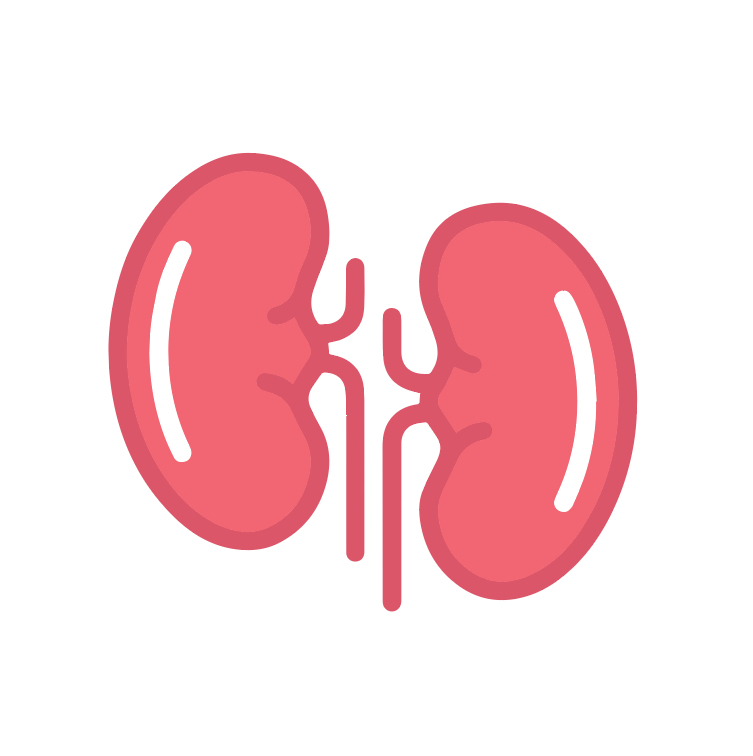
Chronic kidney disease

Inflammatory bowel disease
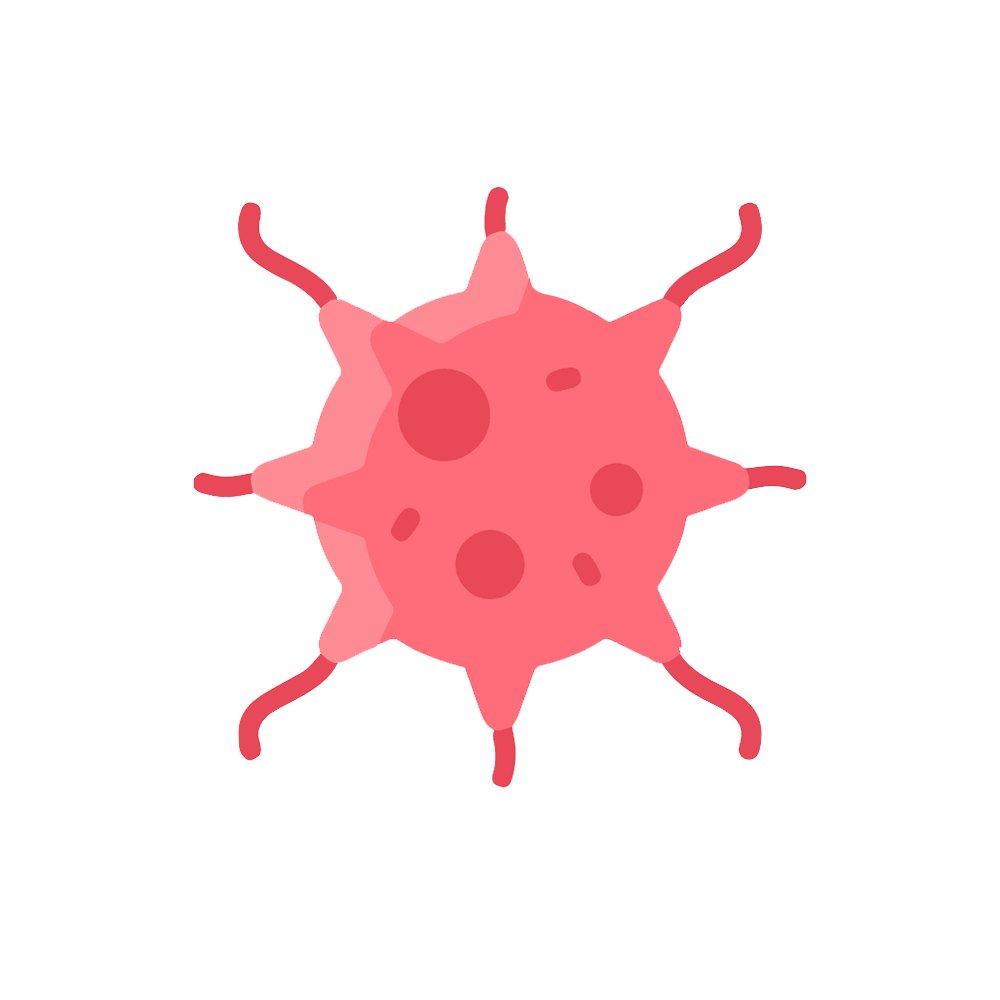
Neoplasia
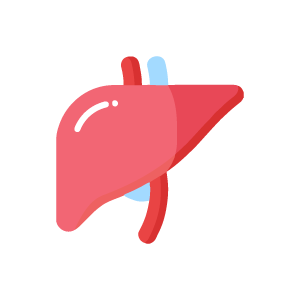
Liver disease
Therefore, both identifying weight loss and diagnosing the underlying cause are important in successful treatment.
Treatment
A transdermal medication may be easier for your clients to administer to cats that are unable to take oral medication due to poor appetite, nausea or vomiting. There is no need for the cat to eat in order to receive their medication, so you can be assured of good patient compliance.
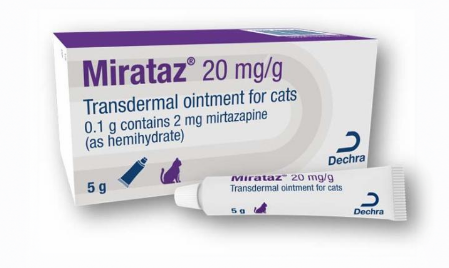
The active ingredient, mirtazapine, addresses reduced appetite and induces significant weight gain in as little as 14 days.23
This can allow for a swift response to initial symptoms – improving condition and wellbeing before you have a definitive diagnosis, alongside providing support to patients already receiving long term treatment.
Mirtazapine is indicated for body weight gain in cats experiencing poor appetite and weight loss resulting from chronic medical conditions, so you will be able to address a symptom commonly displayed by a large number of your feline patients16 and help to prolong lifespan.1-4
Author
Co-Author
Emily Armstrong BVSc MRCVS
Veterinary Technical Manager
Dechra Veterinary Products

Ceri Bailey BVSc MRCVS
Technical Manager
Dechra Veterinary Products

References add
